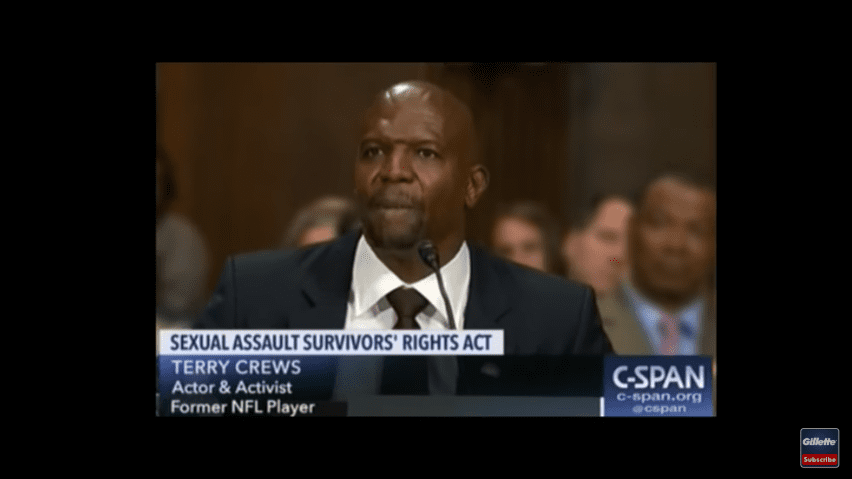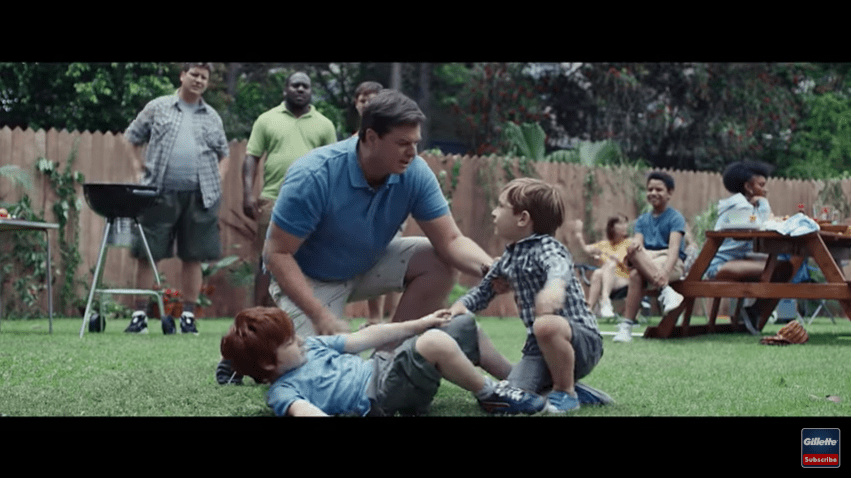This past year has brought us a broader understanding and increased awareness of important societal issues like bullying, suicides, and both sexual harassment and assault in and out of the workplace. There’s been plenty of focus on outing the perpetrators of these deplorable actions, but the movement to help prevent young boys from becoming a generation with the same struggles has had more trouble getting off the ground.
Gillette is a company that has hung it’s hat on appealing to men for years – though they make women’s products, their motto is “the best a man can get” – but their core demographic is chiming in with mixed reactions in response to their new ad targeting toxic masculinity.
Their brand director, Pankaj Bhalla, told the Wall Street Journal the company was prepared for controversy and wanted to put their stance out there for people to see.
“This is an important conversation happening, and as a company that encourages men to be their best, we feel compelled to both address it and take action of our own. We are taking a realistic look at what’s happening today, and aiming to inspire change by acknowledging that the old saying ‘boys will be boys’ is not an excuse. We want to hold ourselves to a higher standard, and hope all the men we serve will come along on that journey to find our ‘best’ together.”

Photo Credit: Youtube
What is toxic masculinity, you ask? In short, it’s aggressive “traditional” masculinity that’s detrimental to the mental health and well-being of boys, men, girls, women, and society in general – the idea that to be a man, one must be hard, unfeeling, indifferent toward the pain of the weaker among us, and aggressive when it comes to the pursuit of women and what you want in general. That you must punch someone who insults you, or defend your reputation with your fists. That you’re not a man if you don’t take what you feel you’re owed, with firepower if necessary.
You might ask what’s wrong with wanting the next generation of boys to grow up secure in the idea that they are, indeed, men, regardless of their ability to express their feelings, treat people with respect, and understand that women are their equals instead mere objects to be acquired in one way or another. You might think wanting that for our sons is a no-brainer.

Photo Credit: Youtube
If you thought that, then maybe you would be as surprised as I was to find there are many men out there who accused Gillette of blasting masculinity in general, not just the toxic version I just described.
Except the ad shows men modeling good behavior: things like stopping bullying, refusing the “boys will be boys” mentality, and stepping in to protect women from harassment. The men who are threatening to never buy Gillette products again think that version of masculinity is good?

Photo Credit: Youtube
It’s not good. At least, not in this writer’s opinion.
The version of masculinity depicted in the ad is just as valid and is healthier for society as a whole. I’m not sure how anyone could argue that it’s not, but hey – the internet, as always, has provided plenty of examples of opinions on both sides.
Whether both sides contain valid arguments is up to you.






